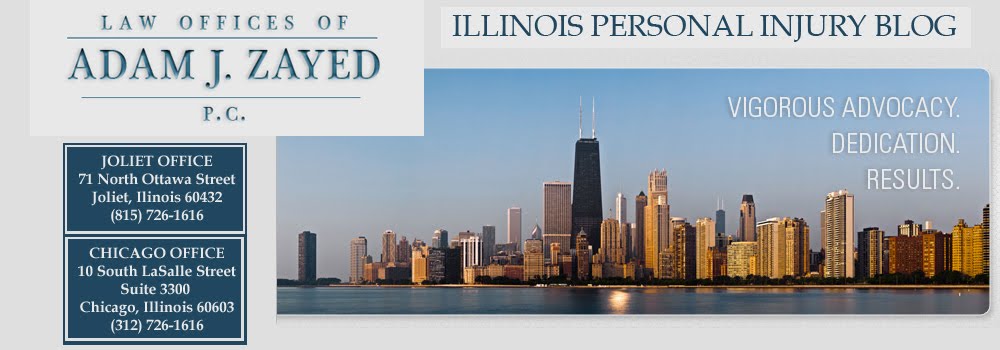A client recently asked me about an all too common situation: He was involved in an auto-accident and the person who hit him was at fault. Unfortunatley, the police report for the accident incorrectly showed my client to be at fault. Would he be prevented from recovering for his damages/injuries?
The answer to this question is: NO.
Chances are you've heard of the term Hearsay. This situation is why the rule exists.
According to Rule 802 of the Federal Rules of Evidence: "Hearsay is not admissible except as provided by these rules or by other rules prescribed by the Supreme Court pursuant to statutory authority or by Act of Congress."
According to Black's Law Dictionary hearsay is: "testimony that is given by a witness who relates not what he or she knows personally, but what others have said, and that is therefore dependent on the credibility of some other than the witness."
In this situation, the police report is hearsay. The report is a police officer's out-of-court writing. The police report does not consist of "the facts." The police officer was not a witness.
Even though the police report is inadmissible hearsay, however, the police report will be used by insurance companies to facilitate the settlement of claims. So, if the police report is wrong, chances are you will have to file a claim with the court and perhaps go to trial.
In short, an incorrect police report may create roadblocks, but it should not bar just compensation for damages.
